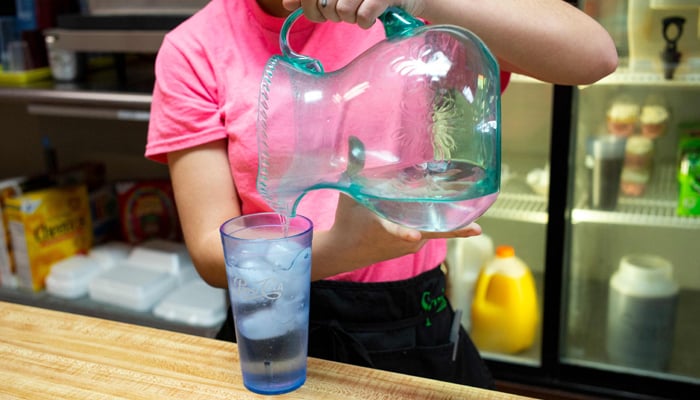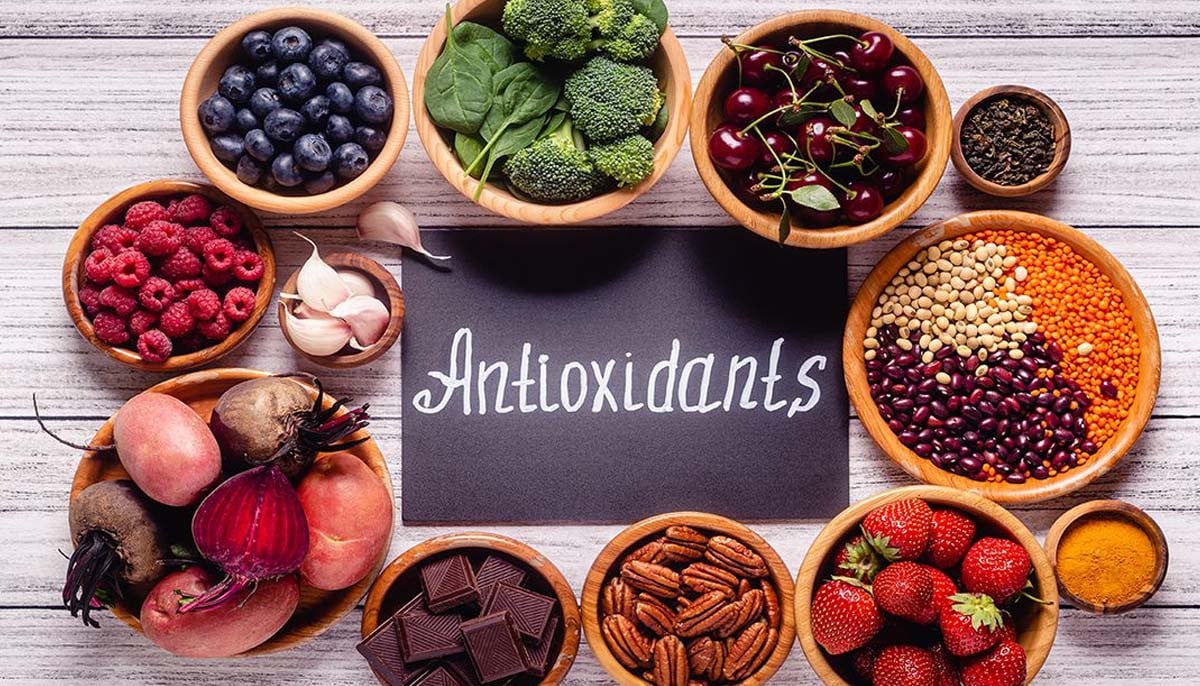This is how you know about your dehydration in this heat
"Thirst is sensation body creates to tell it's time to drink water, but it shouldn't be confused with dehydration," says expert
As temperatures all across the world are on the rise, they are not only taking a toll on climate but on human health as well. And for fighting the rising heat, one should remain hydrated and keep drinking water.
However, there are signs that reveal much about your hydration.
Dr Phillip Davis, former FDA physician said: "Your body needs to be properly hydrated to function at its best. By avoiding dehydration and staying properly hydrated, it allows you to regulate your body temperature best, prevent infection, deliver nutrients to cells and will even result in improved sleep quality."
But the question is how one knows if they are hydrated properly or not. There are symptoms that explain much about this condition. Firstly, you should understand that thirst is different from dehydration.
Dr Alexa Mieses Malchuk, a family physician with membership-based primary care practice One Medical, said: "Being thirsty is a sensation that your body creates to tell you that it's time to drink water, but I don't want that to be confused with actually being dehydrated."
Dr Malchuk further said: “Being dehydrated is a lot more severe and does have some classic signs and symptoms."
"Those signs may include dry mouth and dry or cracked lips among other conditions," she noted.
Dehydration is a very serious condition and it cannot be interchangeably used with a thirst.
"If we don't [drink adequate fluids] or if we are losing too much water from our body, then the clinical condition of dehydration can occur," Davis noted.
"There are a number of causes of dehydration including not enough water intake or excessive sweating and high activity during warm weather, as well as too much salt, gastrointestinal viruses and conditions like diabetes," added Davis.
There are signs that reveal about your water intake and when to increase it:
- Decreased or dark-coloured urine
- Headaches
- Dizziness
- Fatigue
Davis stated: "If you begin feeling any of these symptoms, especially while outdoors in the summer heat, it's important to rehydrate your body," adding that there are degrees of dehydration.
He said: “When it becomes more extreme, it can become a dangerous situation causing:
- Abnormal breathing
- High pulse rate
- Lethargy
- Low blood pressure
He suggested that those who experience such symptoms should immediately consult a doctor.
Centres for Disease Control and Prevention regarded dehydration as a primary contributor to heat exhaustion, a dangerous heat-related illness that can lead to life-threatening heat stroke.
It advises people to drink water before feeling thirsty.
On its website, the CDC wrote: "By the time you feel thirsty, you are already behind in fluid replacement."
-
Antioxidants found to be protective agents against cognitive decline
-
Coffee reduces cancer risk, research suggests
-
Keto diet emerges as key to Alzheimer's cure
-
What you need to know about ischemic stroke
-
Shocking reason behind type 2 diabetes revealed by scientists
-
Simple 'finger test' unveils lung cancer diagnosis
-
Groundbreaking treatment for sepsis emerges in new study
-
All you need to know guide to rosacea












